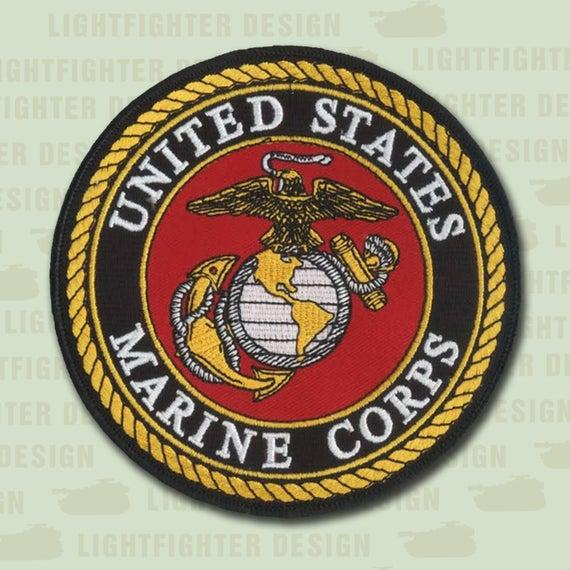...

Jon & Twinkle Dink.
The continued use of "Boy Scout" and "Girl Scout" in the USA reflects a degree of national autonomy - and perhaps a trait for giving adopted inventions new names to disguise the fact! The are still male and female Scouts with a capital "S" but with an approach tailored to suit their country's society generally.
Scouting generally was invented and started in Britain by Baden-Powell, originally for boys and called the Boy Scouts. it was not very long before his wife Olive instigated the female version called the Girl Guides - never "Girl Scouts" as the Americans re-named them for some reason.
In the 1960s, the movement's umbrella organisation, the Scout Association, realised Scouting was becoming seen as rather out-dated in some respects, harming recruitment, so it modernised the methods to reflect contemporary social developments whilst keeping its basic ethos and teachings.
Among the changes in place before I joined:
- Dropping the words "Boy" and "Girl" from the Scout and Guide titles (I'm not sure, but the latter may have come later.)
- Up-dating the uniform for those actually titled Scouts by age-range. The shorts were replaced by long trousers, the brimmed bush-hat by berets. The Cubs (younger boys) kept the shorts as being general in life then for boys up to around 12
- Modifications to the range of skills it taught, again reflecting developments in modern life. This has continued and I would be surprised if for example, modern Scouts cook "dampers" (unleavened bread rolls) and boil water over open wood fires, these days!
There was some resistance to the changes from a few old die-hards who went off and formed a similar organisation more allied to the older Scouting ways, but I forget its name and I do not know if it has survived.
There is also the older and still active Boys' Brigade, founded in Glasgow in 1883, somewhat similar but with a heavier emphasis on Christianity than the more secular or inter-demoninational Scouts.
+++
For my own part, I was not in the Scouts for long but my brother was, and our family maintained background links for quite some years afterwards, with our Dad playing a leading part in the local troop's supporters' association (looking after its assets including the building, separate from being a Scout Leader or instructor).
It introduced me to a certain degree of self-reliance, and taught me practical skills I have used over the years since, particularly knot-tying, map-reading and of course the ability to camp in tents properly so reasonably comfortably and safely, in any but extreme weather.